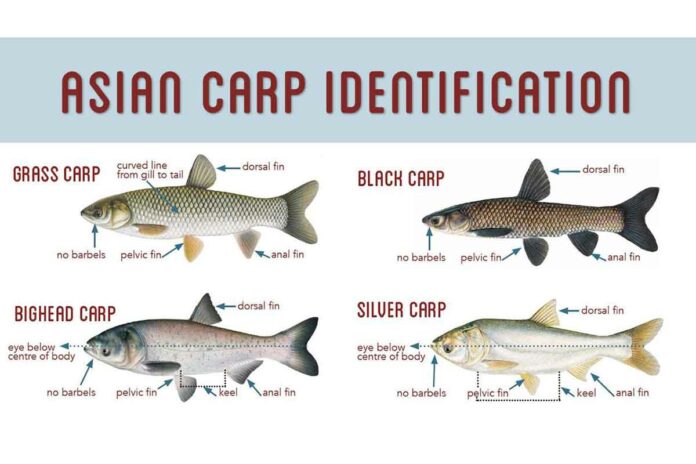As we head into Volunteer Week 2025, The Expositor celebrates the many community volunteers who grace our Island with their invaluable skills, expertise and passion. Without their efforts our quality of life would plummet drastically.
Volunteerism is reportedly on the wane across Canada, particularly since the pandemic—which disrupted traditional volunteering models and causing many organizations to switch to online or remote activities.
Also driving down the number of folks volunteering in our nation are the effects of generational differences in commitment. The bright side is that younger generations have higher rates of volunteerism, they tend to prioritize flexibility and short-term projects over the more traditional long-term commitment.
Today, younger volunteers seek deeper connections to the volunteer engagement they want to commit to—looking for those opportunities that provide a direct impact they can see. Younger Canadians (in case you are wondering, they are now labeled as iGens) are more likely to volunteer formally, but tend to offer fewer hours, while older generations may contribute more hours.
That could be good news for youth sports, where the impact is immediate and immense, as noted by one of this edition of The Expositor’s volunteers, Geoff Corbiere, whose work with youth in baseball was initiated, as are many parent volunteers, through his own children’s interests.
This need for a closer connection to one’s volunteer efforts on behalf of organizations or communities tends to fly in the face of those pandemic influenced trends mentioned earlier. Managing to connect volunteers’ virtual efforts with the up-close-and-personal bonding that leads to lifelong commitment and engagement will take some thinking outside of the box.
It is a long-standing joke among volunteers being thanked for their time and commitment that their pay should be doubled—the joke, of course, being in that volunteers don’t get paid. The very essence of volunteerism.
Volunteerism is much more than just good works and well-deserved accolades, however. Volunteers add to the gross national product of our nation in significant amounts, despite the work’s unpaid nature. Estimates are that the value of volunteer work is approximately 8.5 percent—a whopping $55.9 billion in strictly monetized terms.
To put that in today’s political perspective, The Donald’s tariffs are anticipated to trim our nation’s GDP by 2.2 percent in the second quarter of 2025—for the auto-centric city of Windsor, the annual impact is estimated for that city alone at 0.6 percent.
To be clear, despite the hyper-partisan nature of today’s political arena, there is no strong correlation between affiliation with any political party and volunteering. Every flavour is blessed with volunteers among their ranks—and none are significantly ascendant in that realm. Volunteerism is non-partisan (well, except for the many passionate individuals who volunteer their time putting up signs, making phone calls and taking their party’s message door to door—they count too as their efforts are universally aimed at making ours a better world, even if they disagree strongly on how to achieve that end).
It is in our acts of volunteerism that we all find some of the common ground that binds us together—commonalities that we too often overlook in the cacophony of anger and division that too often characterizes current political debate in social media.
Volunteerism shows us that we, as Canadians, are far more alike than we are different—however we mark our ballots.





